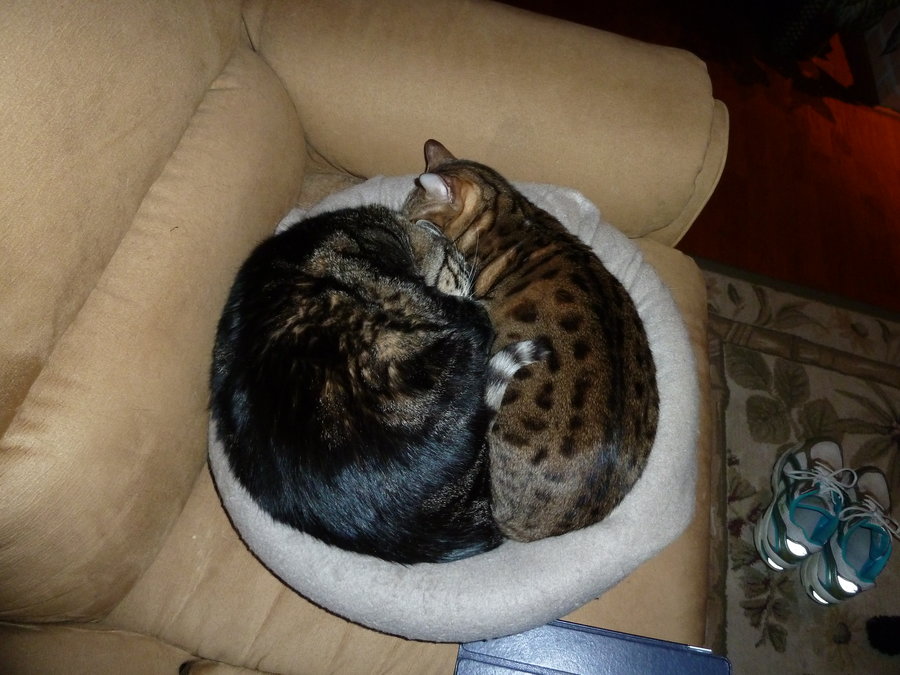I found this fascinatingly informed article, which I truely believe everyone needs to read, especially if they are considering a hybrid cat. (Not sure where it is most suited for posting - covers health, behaviour, and impact on feral populations).
http://feline-nutrition.org/feature...aggregation&fb_aggregation_id=288381481237582
http://feline-nutrition.org/feature...aggregation&fb_aggregation_id=288381481237582





